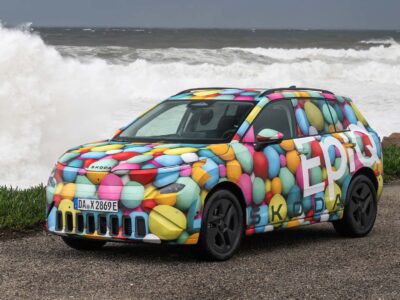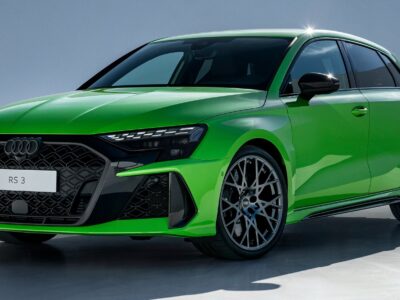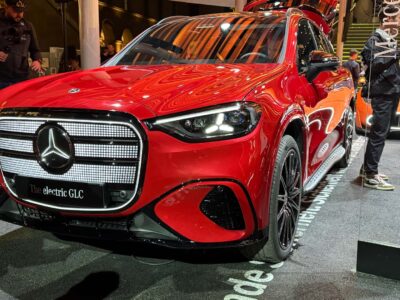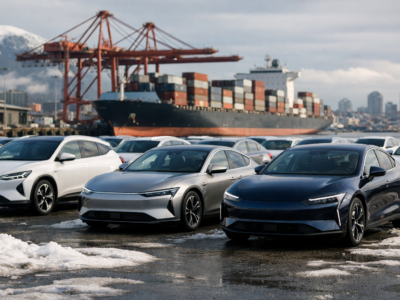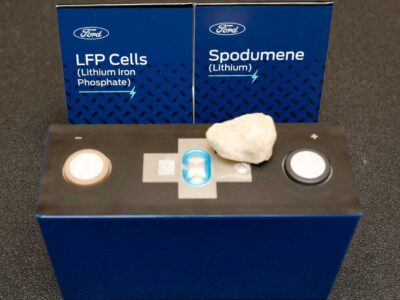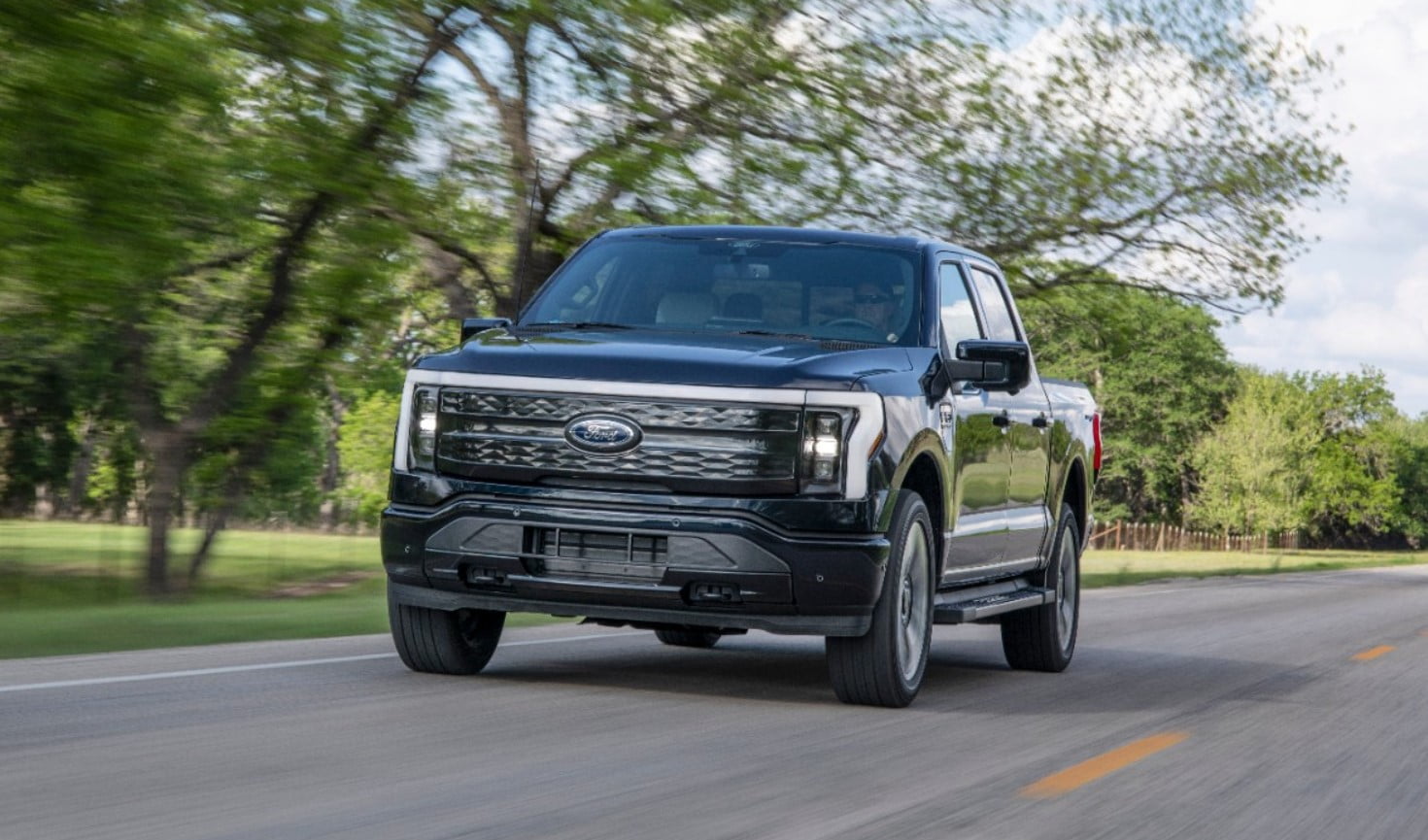
Despite the strong growth in electric vehicle (EV) sales, the proportion of American car buyers uninterested in purchasing an electric vehicle is on the rise, according to a new survey by JD Power.
“Top-line metrics about overall EV market share, availability, and affordability have a long-term upward trend,” JD Power said in a statement, “but beneath those top-line numbers, we are starting to see some consumer behaviors that suggest a potential bifurcation of the automotive market.”
JD Power data shows that the number of buyers “very unlikely” to consider purchasing an electric vehicle in the next 12 months reached 21% in March. This is 2% higher than the previous month and the highest “very unlikely” response JD Power has ever recorded.
Price and charging were the top reasons respondents rejected electric vehicles. Of those “very unlikely” and “somewhat unlikely” to consider an EV, 49% cited both “lack of charging station availability” and “purchase price” as reasons for their disinterest in EVs. “Limited driving range per charge” and “time required to charge” were also frequently mentioned, with 43% and 41% of respondents, respectively, citing them as factors to avoid purchasing an electric vehicle.
Regarding prices, JD Power pointed out the ongoing confusion over the federal tax credit for electric vehicles and its stricter requirements, affecting affordability but reducing the number of electric vehicles that qualify. Electric vehicle prices are also quite volatile at the moment, which could also deter consumers.
Concerning charging, JD Power found in previous studies that customers are much more satisfied with the Tesla Supercharger network, although they have been somewhat resentful of home charging due to rising home electricity prices, primarily in the Northeast.
However, it’s worth noting that these findings come in the context of strong growth in electric vehicle sales. Electric vehicles accounted for 7.3% of all new car sales in the U.S. in March, according to JD Power. While slightly less than the 8.5% in February, it still represents a significant increase from the 2.6% market share of electric vehicles in February 2020.
Although this survey indicates that EV skeptics may be resisting, the overall attitude toward electric vehicles and electric vehicle policy appears notably positive. While policy itself can be political, surveys have repeatedly found that the ideas behind the policy, and EV adoption itself, are not as partisan.



